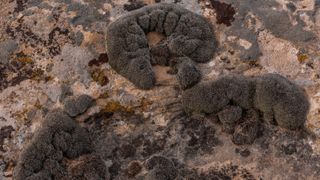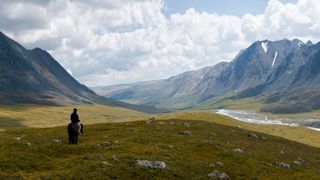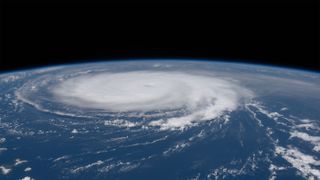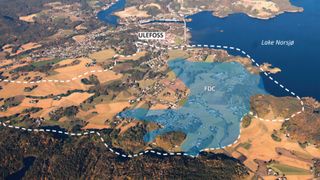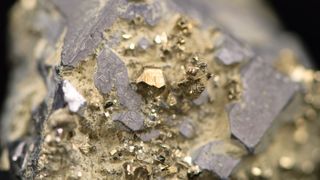Planet Earth
Explore Planet Earth
Editor's Picks
Latest about Planet Earth

Earth's rotating inner core is starting to slow down — and it could alter the length of our days
By Harry Baker published
A new study confirms that Earth's inner core has been rotating more slowly than usual since 2010. This mysterious "backtracking" could also end up slightly altering the planet's overall rotation, lengthening our days.

Is Earth really getting too hot for people to survive?
By Scott Denning published
To assess risk from heat, scientists use the "wet bulb temperature," looking at the point where the human body isn't able to let enough heat out.
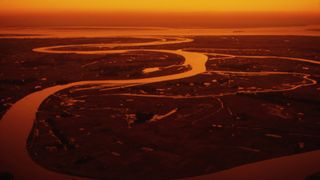
Huge earthquake 2,500 years ago rerouted the Ganges River, study suggests
By Sascha Pare published
A new study suggests an earthquake of estimated magnitude 7.5 or 8 shook the Indian subcontinent 2,500 years ago, changing the course of the Ganges.

14 of the deadliest natural disasters in history
By Stephanie Pappas, Tiffany Means last updated
Reference The world's deadliest natural disasters span more than 2,500 years of human history and include earthquakes, tsunamis and cyclones.
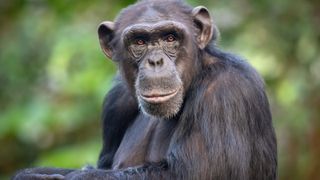
Y chromosome is evolving faster than the X, primate study reveals
By Nicola Williams published
The male Y chromosome in humans is evolving faster than the X. Scientists have now discovered the same trend in six species of primate.
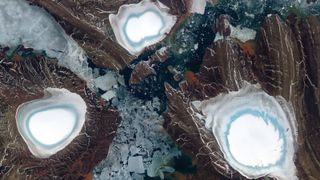
Earth from space: Trio of ringed ice caps look otherworldly on Russian Arctic islands
By Harry Baker published
This 2018 satellite photo of ice caps on the Arctic islands of Russia's Severnaya Zemlya archipelago highlights the beautiful concentric rings of color in the ice, which stand out against the islands' barren landscape.

Have days on Earth always been 24 hours?
By Sarah Wells published
Earth's day used to be five hours shorter, and it's predicted to continue lengthening over time.
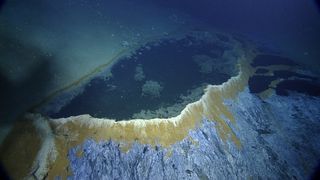
Hot Tub of Despair: The deadly ocean pool that traps and pickles creatures that fall in
By Sascha Pare published
This stagnant brine pool at the bottom of the Gulf of Mexico is so toxic it kills and embalms any crabs and amphipods that are unlucky enough to stumble into it.
Sign up for the Live Science daily newsletter now
Get the world’s most fascinating discoveries delivered straight to your inbox.
